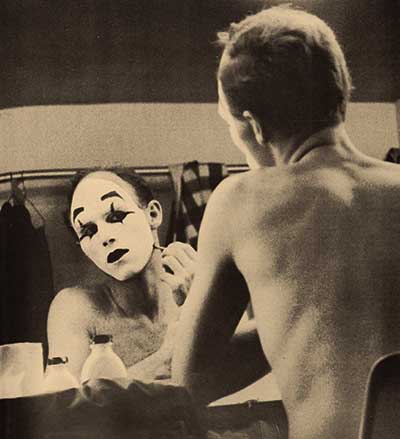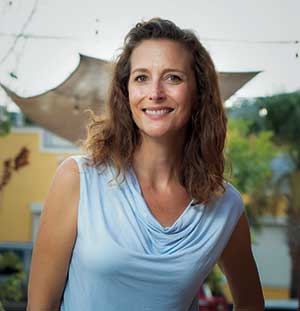Now an assistant professor of theatre in the Tulane School of Liberal Arts, Mercein is grateful for the twists and turns that led to her becoming a teacher and an actor.
Mercein joined Tulane in 2016. She earned her undergraduate degree from Yale University and an MFA from the University of Washington.
As she prepared to move to New York City after she graduated from college, Mercein’s Yale mentor told her, “Go to the Actors Center and talk to Michael Miller.”
































































